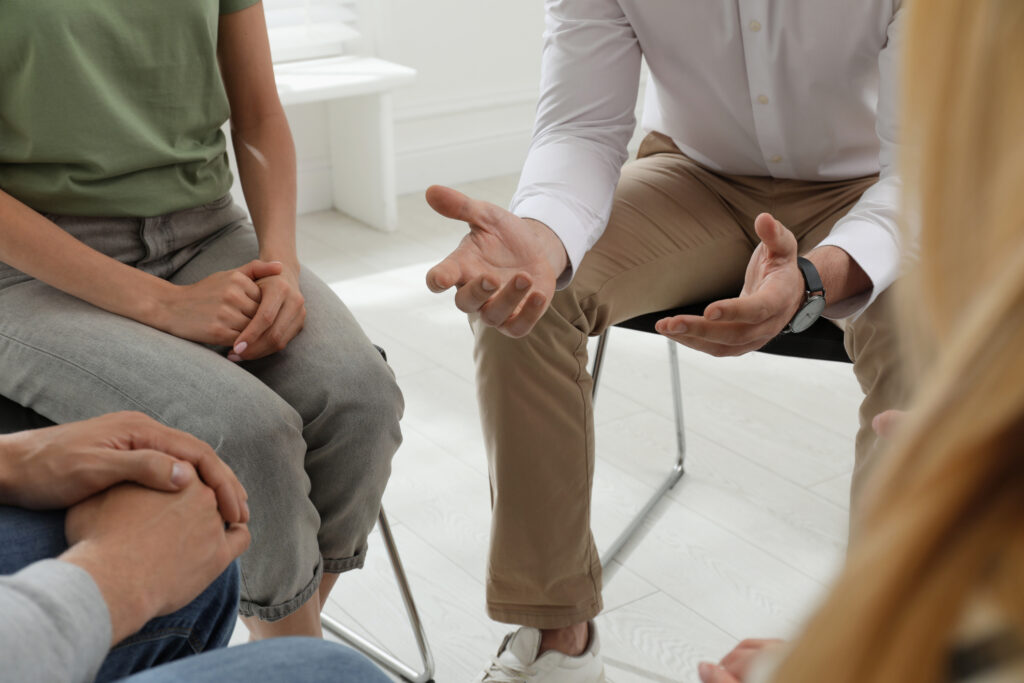Understanding and Overcoming PCP Addiction
PCP addiction is a challenging and complex condition. Originally developed as an anesthetic, PCP (Phencyclidine) was discontinued for medical use due to its severe side effects, including hallucinations, aggression, and delusions. Today, PCP is misused recreationally as a dissociative drug, altering perceptions and detaching individuals from their environment or themselves. While these effects are sought after by users, repeated use can lead to addiction, causing significant physical, psychological, and social harm.
The Risks and Effects of PCP Addiction
Addiction to PCP can develop quickly with repeated use. Individuals may find themselves craving the drug and engaging in compulsive drug-seeking behaviour despite being aware of its harmful effects. PCP use is associated with a range of severe side effects, including impaired judgment, paranoia, aggressive behaviour, and a heightened risk of accidents or injury. Prolonged use can lead to physical issues, such as muscle breakdown, weight loss, and neurological damage, as well as psychological effects like anxiety, depression, and cognitive impairment.
For loved ones, recognizing the signs of PCP addiction can be alarming. Changes in mood, erratic behaviour, and social withdrawal are common indicators. Addressing the issue early and seeking professional help is crucial to preventing further harm.
Treatment for PCP Addiction
Overcoming PCP addiction requires a comprehensive and carefully tailored treatment plan. The process typically begins with medically supervised detoxification to safely manage withdrawal symptoms. While PCP withdrawal is often more psychological than physical, symptoms such as anxiety, depression, and agitation can still be overwhelming without medical support.
After detox, long-term recovery focuses on addressing the psychological aspects of addiction. Cognitive Behavioural Therapy (CBT) is a critical component of treatment, helping individuals identify the triggers and thought patterns that drive substance use. Therapy also provides tools for managing cravings and preventing relapse. Group therapy and support networks further reinforce recovery by fostering community and accountability. In some cases, medications may be used to address co-occurring mental health conditions or symptoms of withdrawal.

Support for Individuals and Families
For both individuals and their families, the journey to recovery can feel daunting. However, with the right guidance and support, healing is possible. Families play an essential role in encouraging treatment and providing a stable, supportive environment for their loved ones. Professional help ensures a structured and compassionate approach to recovery.
If you or someone you care about is struggling with PCP addiction, don’t wait to seek help. Contact one of our Addiction Experts today to explore treatment options and start building a healthier, substance-free future.
